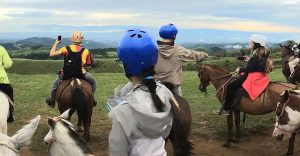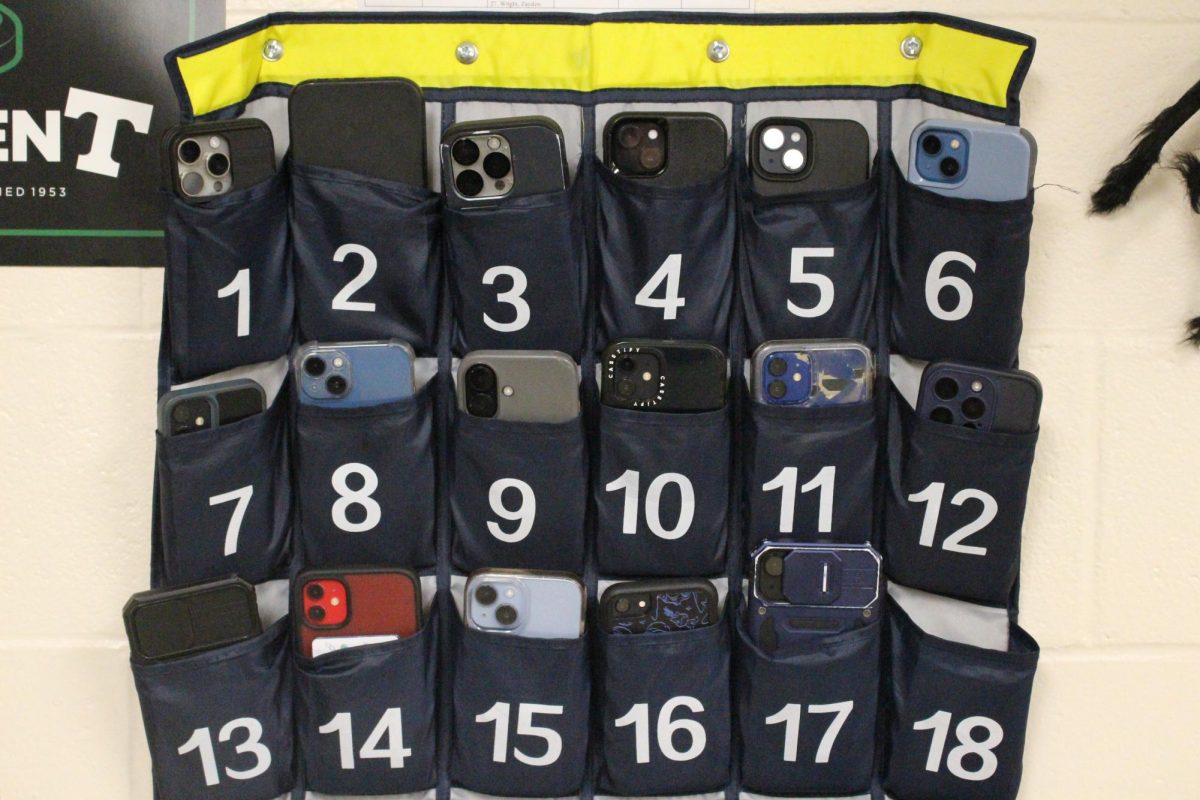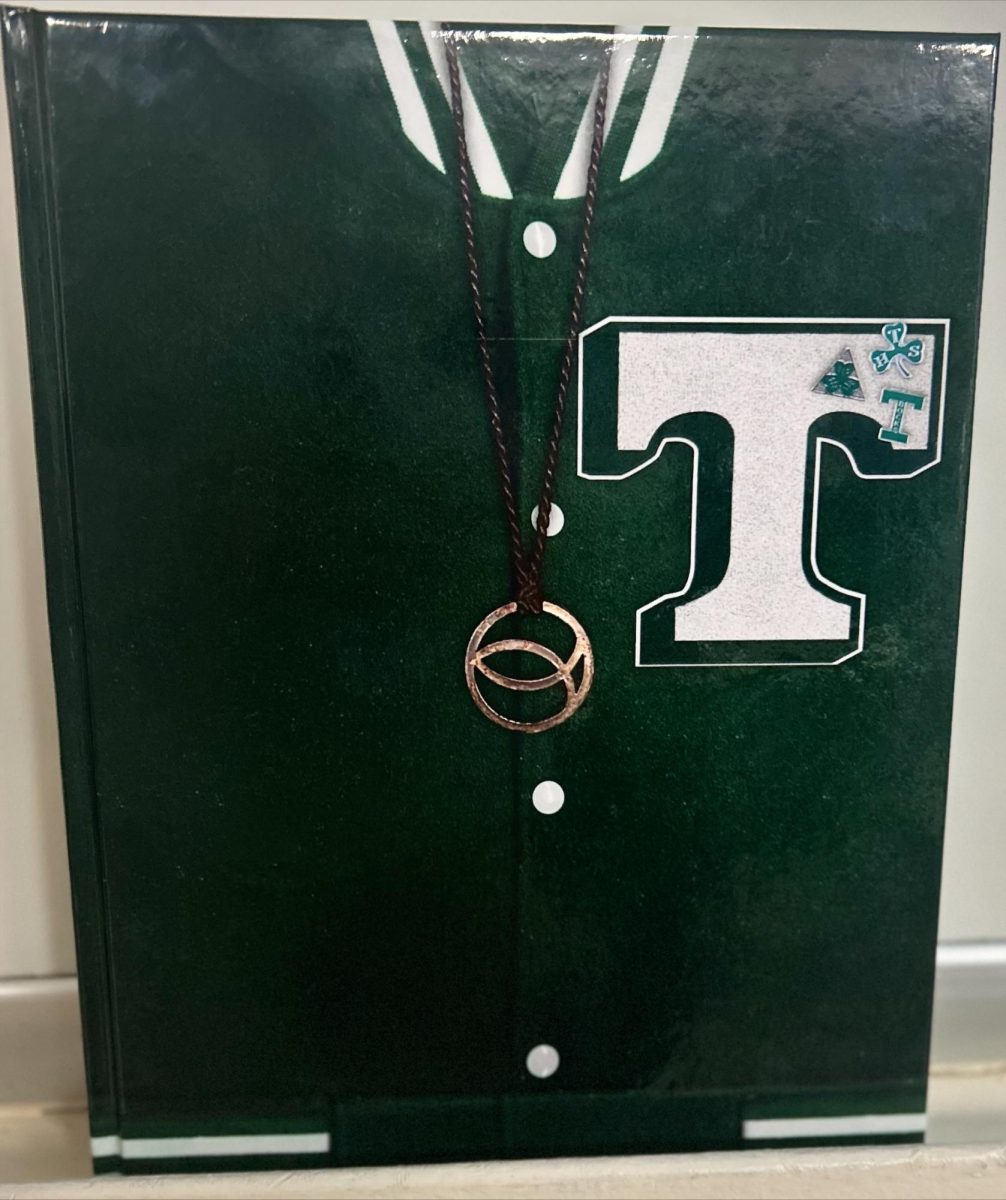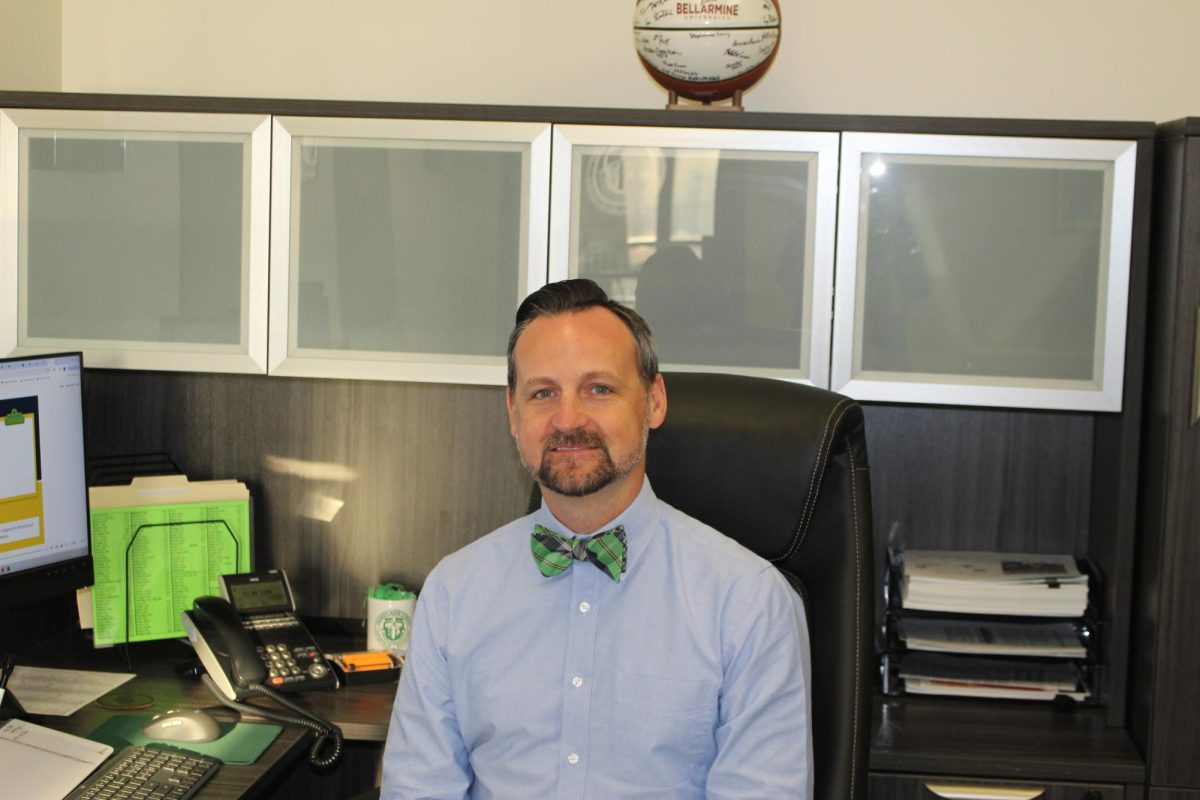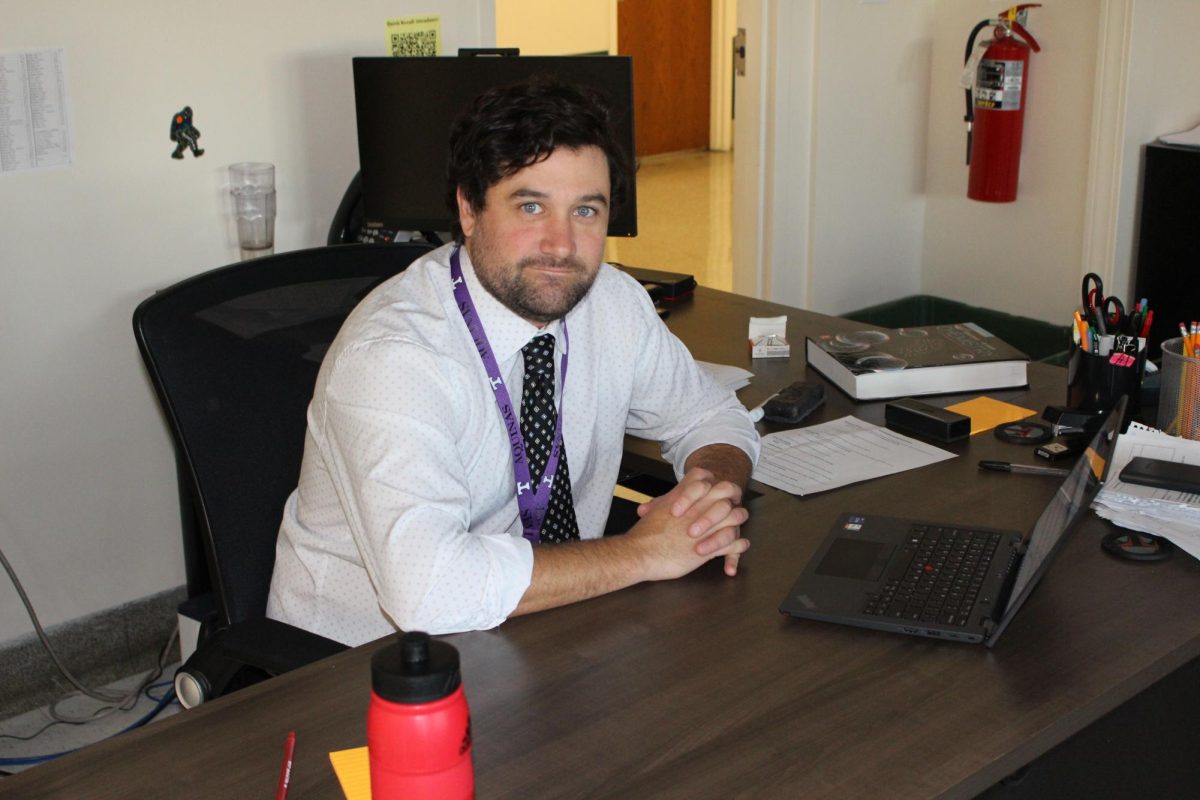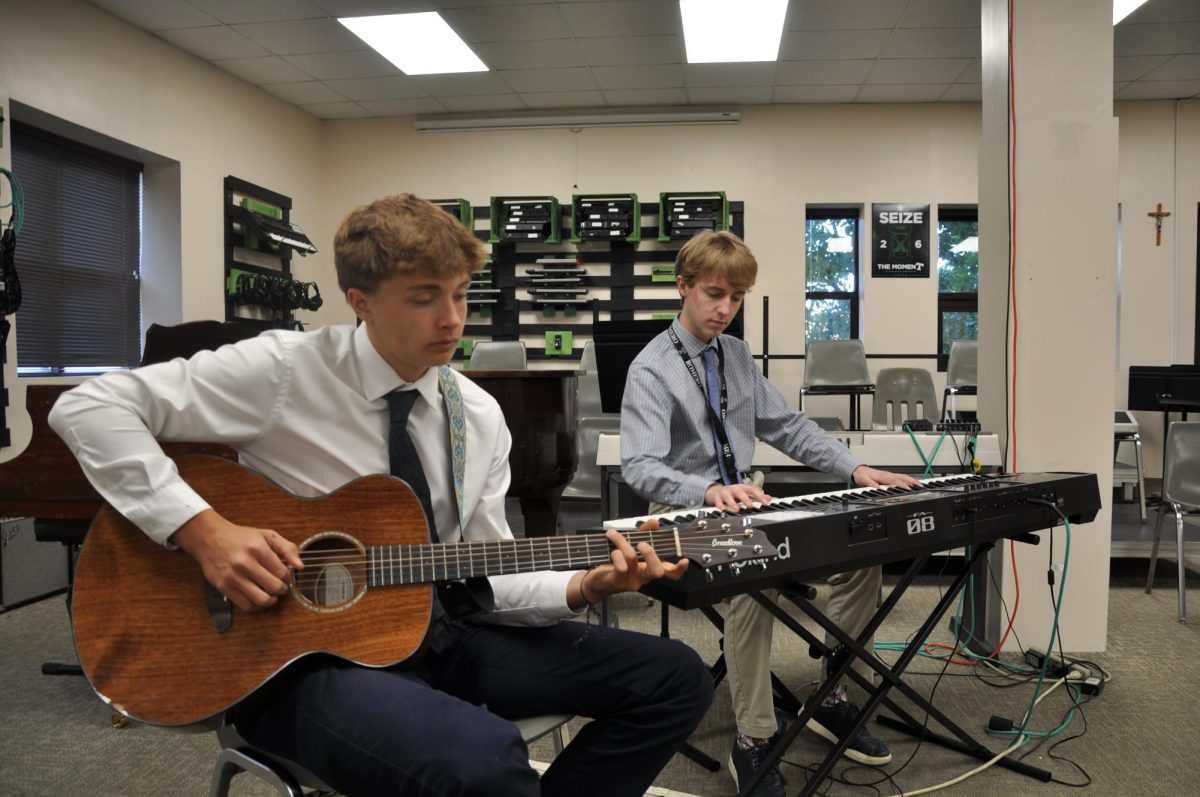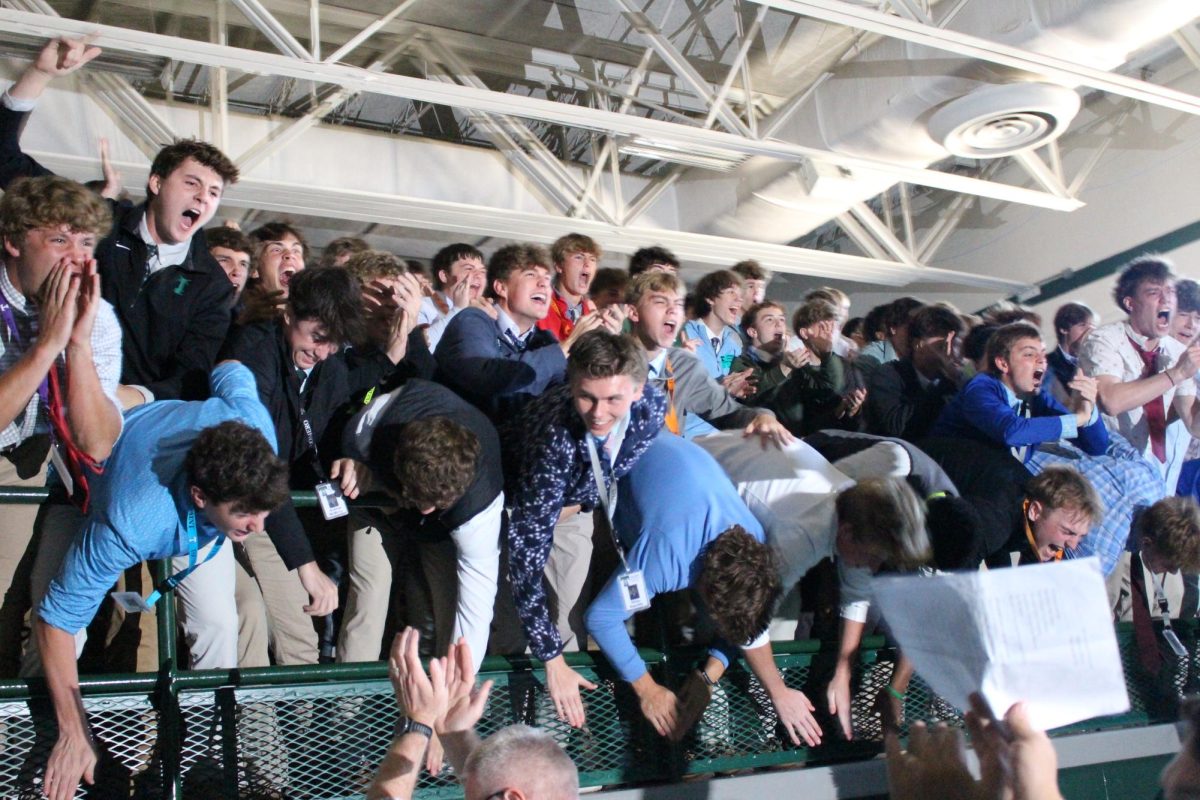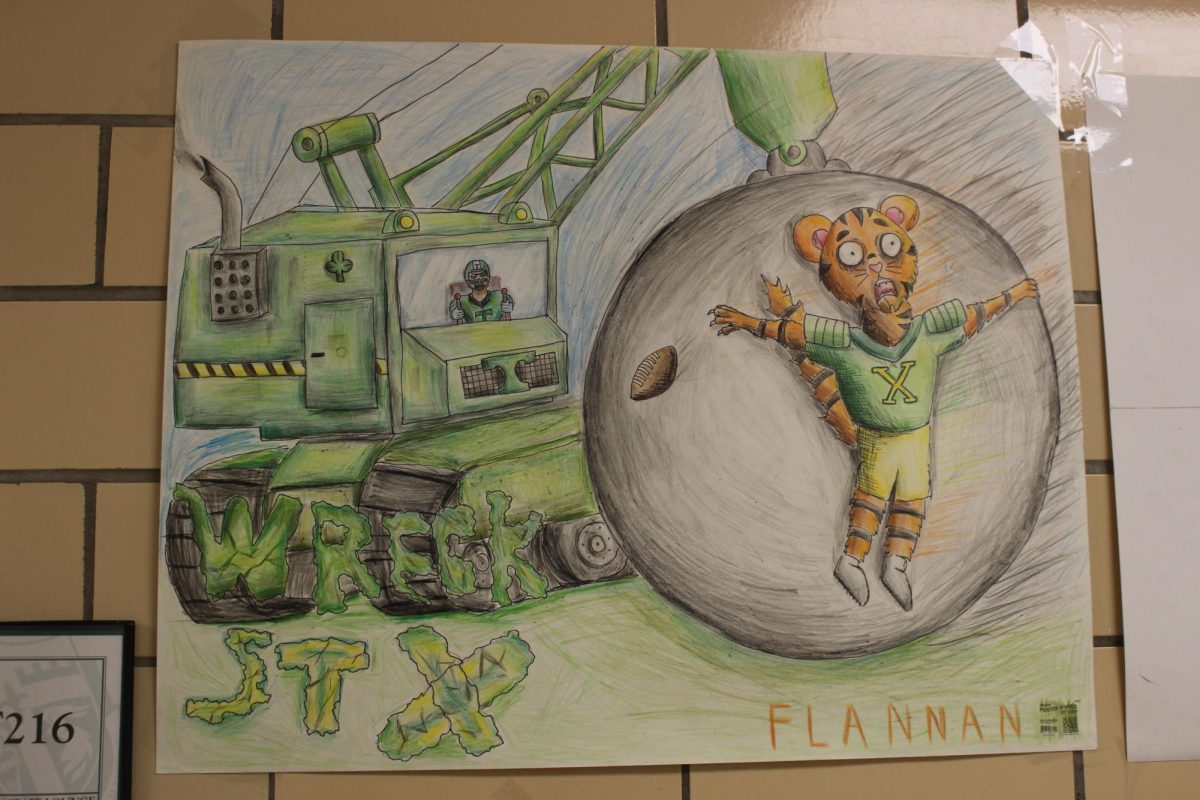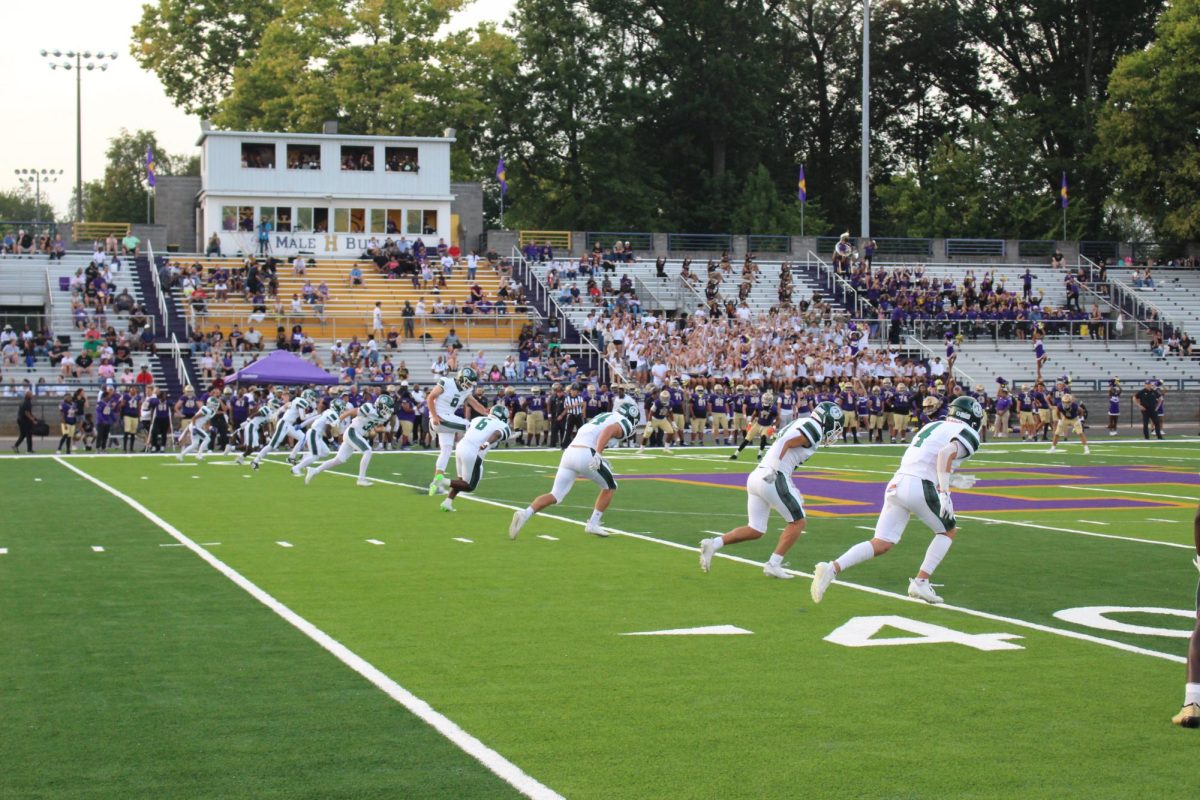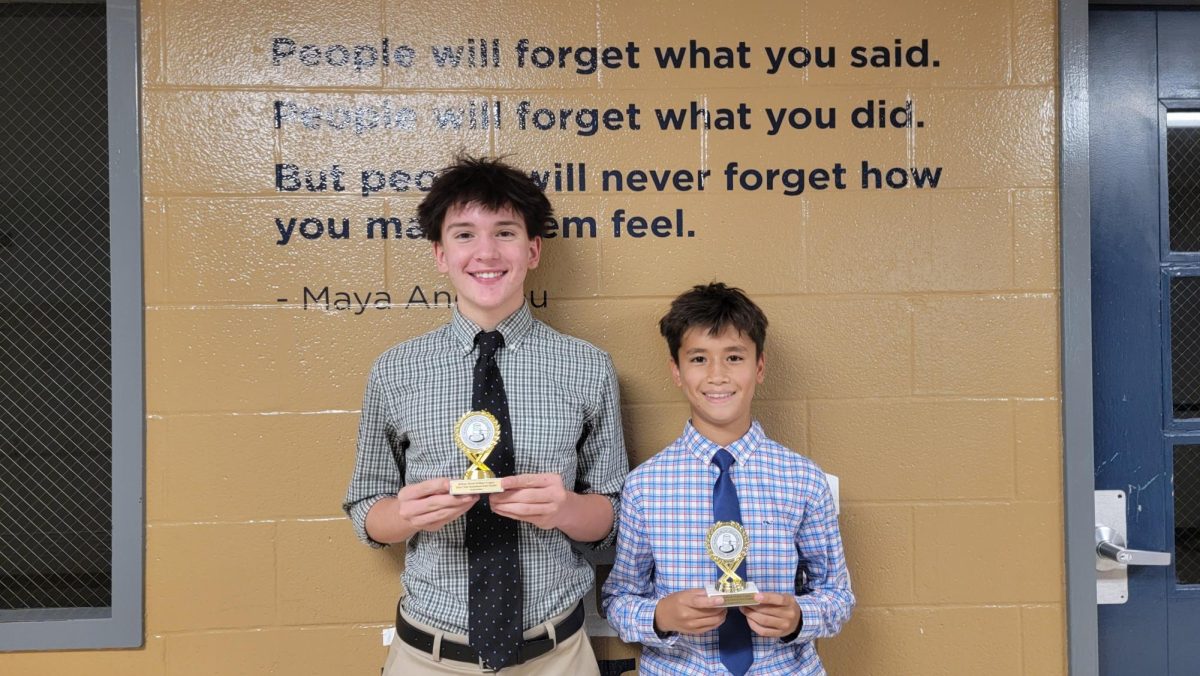Trinity High School students have the incredible opportunity to participate in a one-of-a-kind research trip to Costa Rica this summer. Combining scientific research with thrilling outdoor adventures, the trip is designed to inspire students to explore careers in science while immersing them in the natural beauty of Central America.
Led by science teacher Patrick Heintz, the Costa Rica research trip offers students a chance to engage in hands-on scientific research in one of the world’s most biodiverse regions. “The main goal of the trip is to spark interest in science careers and research,” said Heintz. “We want students to see how science is not just something in a textbook—it’s exciting, it’s dynamic, and it’s something they can experience firsthand.”
The trip, which began in 2012, takes students to Costa Rica’s Guanacaste region, known for its volcanoes, cloud forests, and tropical wildlife. This year’s adventure will take place from May 25 to June 3, offering eight days of scientific research and exploration. Students will stay at a chocolate farm nestled between three volcanoes, immersing themselves in the region’s unique ecosystem. After conducting research, the group will spend two days on the coast to unwind and explore Costa Rica’s beautiful beaches.
The research trip offers a rare opportunity to balance academics with fun, allowing students to engage in both educational activities and exciting adventures. “We get to do surf lessons, zipline through a cloud forest, go horseback riding, swim in waterfalls, and even take a cooking class,” Heintz explained. He also remarked, “It’s a chance to experience Costa Rica in a way that most tourists never get to. You’re learning and having fun at the same time.”
While the outdoor adventures are exciting, the heart of the trip is the hands-on research students will conduct. They will work alongside Dr. Adrian Pinto, a microbiologist at the University of Costa Rica, conducting independent research in the field. “Students will have the freedom to choose their own research topics. They could study the behavior of leafcutter ants, the bacteria in their fungus gardens, or research local wildlife like frogs, lizards, and butterflies,” Heintz stated.
This immersive research experience allows students to apply their classroom knowledge to real-world scientific questions. Heintz emphasized the importance of engaging students in authentic science. “This trip is more than just learning about science—it’s about doing science. It’s about seeing how science happens in the field, not just in a lab,” he said.
Perhaps one of the most rewarding parts of the trip is when students return to Trinity to present their research findings to their families. “One of my favorite moments is when the students present their projects to their parents in Convocation Hall,” Heintz said. “It’s amazing to see how much they’ve learned and how much they’ve grown. They come back as subject matter experts, and their pride in their work is incredible.”
Beyond academic growth, the trip also fosters personal development. The experiences gained on the Costa Rica research trip—both in the field and during research presentations—help students build confidence, develop leadership skills, and strengthen their connections with peers. “It’s such a transformative experience,” Heintz shared. “You see students become more confident in their abilities and more passionate about science.”
With spots limited, students interested in joining the trip are encouraged to apply early. “This trip offers a truly unique experience—one that combines learning, adventure, and personal growth,” Heintz said. “It’s a chance to spend your summer in one of the most beautiful and ecologically diverse places on the planet, all while gaining valuable research experience.”
For more information on how to apply or to learn more about the trip, students should contact Mr. Heintz. Don’t miss out on this once-in-a-lifetime opportunity to explore the wilds of Costa Rica, conduct groundbreaking research, and make memories that will last a lifetime.
